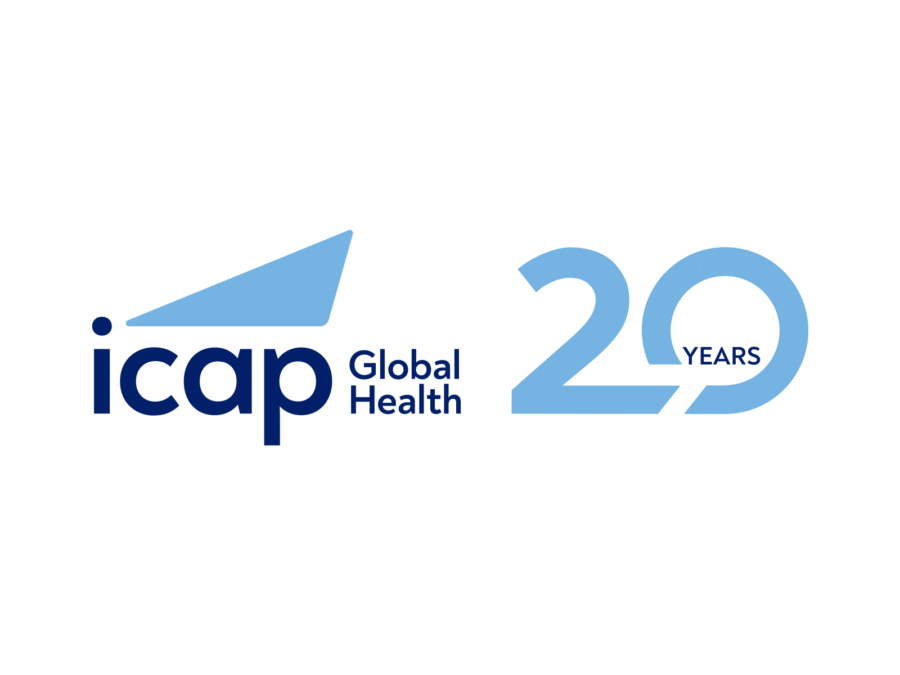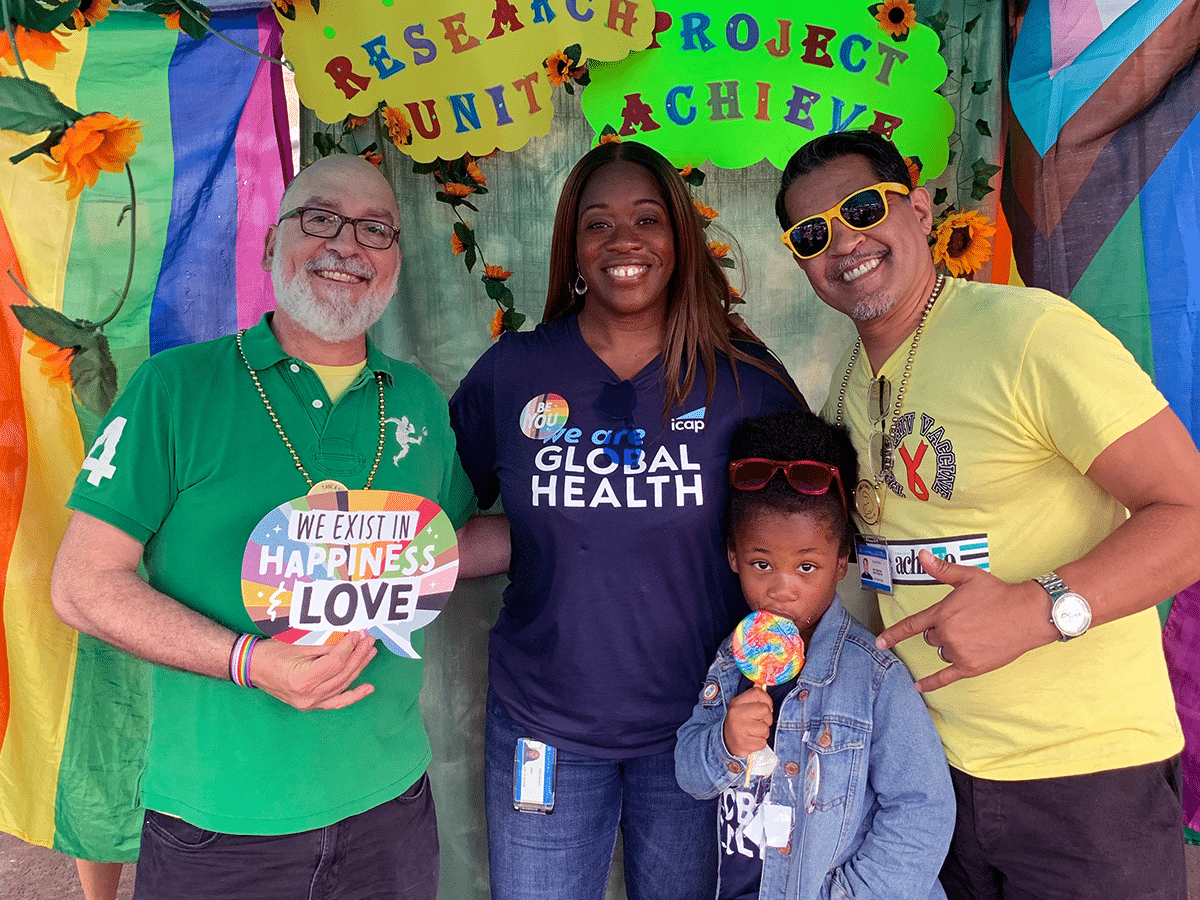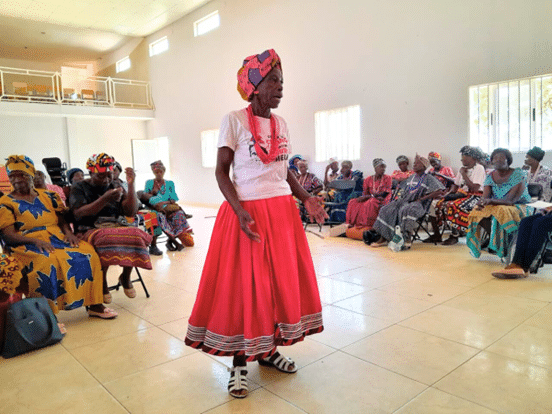Lesotho has the second highest HIV prevalence in the world and over 70 percent of tuberculosis (TB) patients are HIV-positive. Lesotho’s many migrant mine workers are at particularly high risk of acquiring TB and HIV due to working conditions in the mines and other common predisposing factors, such as multiple sex partners and alcohol abuse. In 2013, ICAP formed a partnership with Lesotho’s Ministry of Health and the Employment Bureau of Africa (TEBA) to reach migrant miners and their families with critical TB services. With support from PEPFAR through CDC and several other funders, ICAPhelped establish clinics at three TEBA regional employment offices to provide TB screening, diagnosis, care, and treatment services during off-hours, when miners routinely visit TEBAoffices to collect their pay.
Due to the high levels of TB/HIV co-infection among migrant miners, ICAP and its partners expanded TEBA clinical services in 2014 to include opt-out HIV testing services for miners and their families. Within six months, the percentage of presumptive TB cases with a documented HIV status had increased from 13 percent to 83 percent, and 32 percent of those tested were diagnosed HIV-positive. Those diagnosed with HIV had to be referred to another health facility to access HIV care and treatment, however, as the TEBAclinics had not yet been accredited by the Ministry of Health to provide HIV care and treatment. This created a significant barrier to care, as migrant miners only spend a short period of time in Lesotho before returning to South Africa’s mines. Being able to diagnose and initiate these patients on HIV treatment all in the same day became critical.
To respond to this need, in 2016, ICAP began providing technical assistance to help TEBA’s three clinics navigate the antiretroviral accreditation process. During the process, TEBAhired new nurses and ICAP conducted trainings to ensure that staff members were prepared to provide comprehensive TB and HIV services. Today all three TEBA points of care have been fully accredited by Lesotho’s Ministry of Health and will be rolling out full, integrated HIV care and treatment services, with ART being provided according to Lesotho’s test and start guidelines.
“Now that we are accredited, we can provide more accessible, effective, and comprehensive services to our patients,” said one TEBA nurse. “By providing HIV treatment, we are saving our clients time and money because they no longer need to travel to other clinics to initiate treatment.”
ICAP continues to support the roll-out of comprehensive HIV care and treatment by providing training, mentoring, and targeted support for health care providers at the three TEBA sites.
“This was a critical intervention,” said Dr. Andrea Howard, director of ICAP’s Clinical and Training Unit. “We have been able to positively impact health outcomes by adapting and expanding TB/HIV care and treatment services to meet the needs of miners.”








